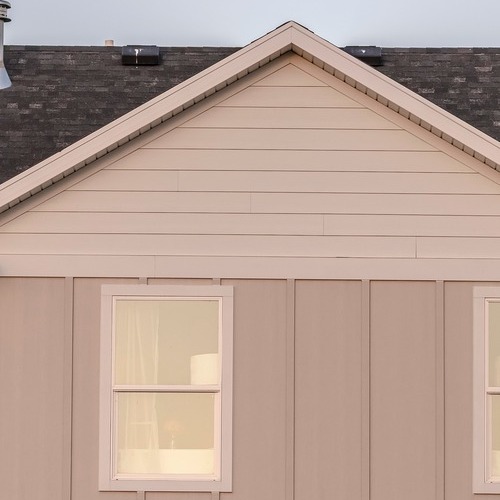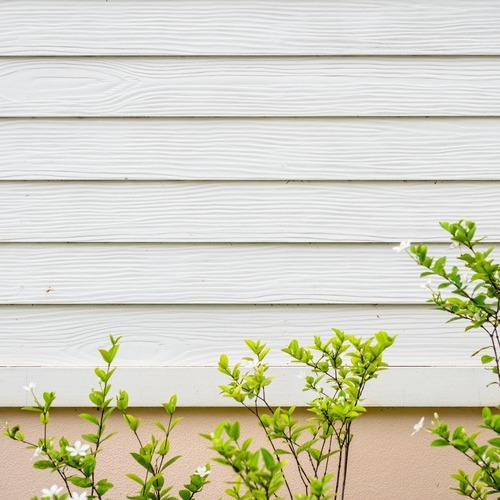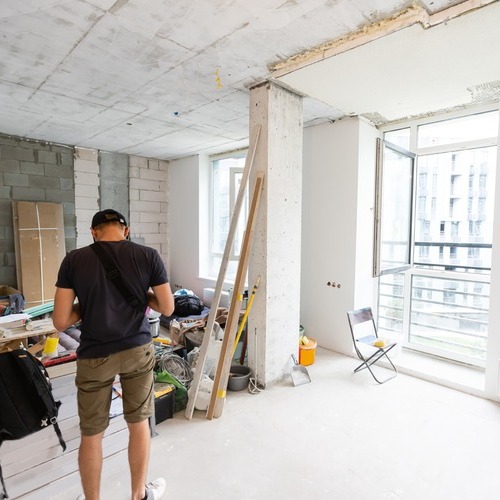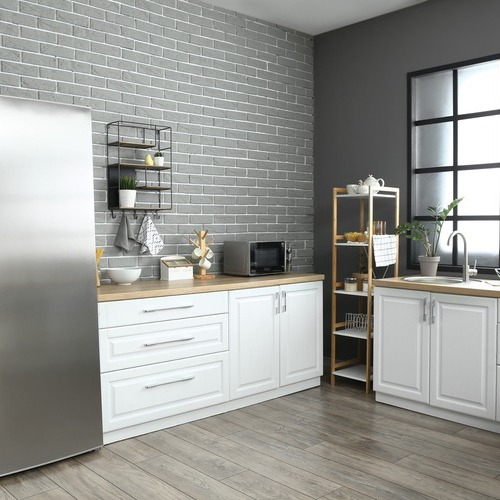
Siding Experts
Hardie board siding is a fiber cement board used for the exterior siding of homes in the Philadelphia, Pennsylvania area. It is a combination of cellulose fibers, cement, and sand that is pressed together.
James Hardie, the company founder, originated from Scotland and immigrated to Australia in 1888 where he began dealing in the tanning trade. He invented what we know as Hardie Board Siding in the mid-1980s along with a wide range of other building products with the fiber cement technology he invented. He then brought the durability, strength, and versatility of this material to the United States in the early 1990s.
Want to install Hardie board siding in Philadelphia, PA? We are siding experts. Set up an appointment with us by calling 267-622-7158.
Is Hardie board better than brick or vinyl?
A brick exterior is the longer lasting between brick, vinyl, or Hardie board siding, with brick lasting up to 100 years or longer. When comparing Hardie board siding with vinyl siding, the Hardie board is the winner. Vinyl siding has an expected average lifespan of 25 years versus up to 50 years lifespan of Hardie board.
How much does Hardie board siding cost?
This can vary based on the amount of the siding material needed, as it does with any type of exterior siding for a home. The cost is based on the square footage needed and comes in planks of 12 feet long by various widths between 5¼ inches to 12 inches and approximately half an inch thick. When you compare that vinyl siding is approximately half an inch thick and in 12-foot long strips, it is easy to see why Hardie board siding has a longer life span.
What are the other benefits of Hardie board siding?
Hardie board siding has the appearance of wood which is created during the manufacturing process. That wood grain appearance gives the siding a richer appearance and provides the following benefits:
- Resale Value Increased
Installing vinyl siding will most likely not get a high ROI if you sell your home. However, Hardie board, which is more expensive, will get most of your investment back. It is a definite higher value, getting up to 75% or more of return.
- Fire Resistance
Hardie board siding is fire resistant, not fireproof. This means that it doesn’t contribute to a fire like vinyl and wood siding, which is a combustible material. However, this doesn’t mean it is fireproof, as it can still burn once it reaches a certain heat level.
- Insect & Vermin Resistant
With wood siding, carpenter ants and termites are problematic. But Hardie board siding, even with its cellulose content, does not attract insects and vermin.
- Green Building Material
The cellulose fibers used in Hardie board siding aren’t made from any endangered wood species. The materials used to manufacture this siding, cement, and sand, are available in abundance naturally, thus there aren’t any toxic materials. And because it has a long lifespan, it doesn’t contribute to the landfills like vinyl siding.
What are the downsides to Hardie board siding?
With all of its positive attributes, Hardie board siding does have some downsides, starting with the upfront cost. Generally, it cost up to 3x more expensive than vinyl siding, especially when considering it needs to be painted.
Other factors that make it more expensive include that there aren’t as many contractors experienced in installing Hardie board as there are vinyl siding, which allows them the ability to charge more with less competition. It is more difficult to install, which takes longer, it is heavier, so the delivery cost is higher, and it has to be painted.
How often does Hardie board siding need to be painted?
With a professionally applied primer and initial painting, Hardie board siding won’t need painting again for another 10 years, maybe 15 years in some cases. While painting may be seen as a downside to this material, consider that other types of siding like aluminum and stucco typically need to be repainted every 5 years.
Can you power wash Hardie board siding?
To clean Hardie board siding, it is recommended to use only low pressure and a soft medium bristle, nonmetal brush twice a year. In between those times, using a garden hose with a jet nozzle will keep your home covered with Hardie board clean and sparkling.
Is Hardie board waterproof or water-resistant?
Hardie board siding will absorb moisture, which means it isn’t waterproof. However, with outstanding drying capabilities, it won’t deteriorate with water exposure. Over time, uninstalled Hardie board will shrink and stain, a clear indication that the contractor is using unprotected material.
It’s A Wrap!
All in all, comparing the benefits and pluses of Hardie board siding to other types of siding materials is a good value for any home. Even a brick home with wood trim can benefit by replacing that wood trim with Hardie board. Whether you plan to sell your home or you are in your forever home, the addition of a Hardie board siding in Philadelphia, PA will bring value-add and years of beauty and enjoyment. Learn more about this siding by calling 267-622-7158.



